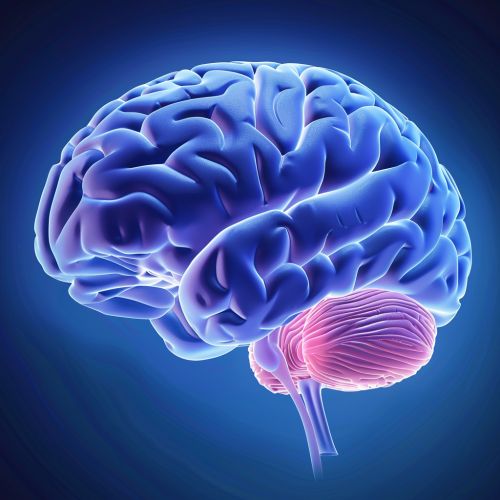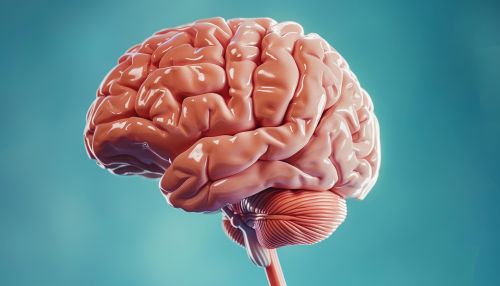Appetite
Overview
Appetite is a natural desire to satisfy a bodily need, especially for food. It is a complex process influenced by both physiological and psychological factors. The regulation of appetite is crucial for homeostasis, as it determines the energy intake necessary for survival and growth.
Physiology of Appetite
Appetite is regulated by a complex interplay of hormones and neurotransmitters. The hypothalamus, a region in the brain, plays a central role in this process. It receives signals from the body about the current energy status and responds by stimulating or suppressing the sensation of hunger.


Hunger and Satiety Hormones
Hormones such as ghrelin and leptin play a crucial role in appetite regulation. Ghrelin, often referred to as the 'hunger hormone', is produced in the stomach and signals the hypothalamus to stimulate hunger. On the other hand, leptin, produced by adipose (fat) cells, signals satiety to the hypothalamus, reducing the desire to eat.
Neurotransmitters and Appetite
Neurotransmitters, chemicals that transmit signals in the brain, also play a role in appetite regulation. For instance, serotonin, a neurotransmitter associated with feelings of well-being and happiness, can suppress appetite. Conversely, neuropeptide Y, a powerful appetite stimulant, is released in response to stress or fasting.
Psychological Factors Influencing Appetite
In addition to physiological factors, psychological factors can significantly influence appetite. These include mood, stress, and eating habits.
Mood and Appetite
Mood can significantly influence appetite. For instance, depression and anxiety can lead to both increased and decreased appetite. Moreover, certain foods, especially those high in sugar and fat, can temporarily boost mood, leading to emotional eating.
Stress and Appetite
Stress can affect appetite in different ways. Acute stress often suppresses appetite, while chronic stress can lead to increased hunger and cravings, particularly for high-calorie comfort foods.
Eating Habits and Appetite
Eating habits, formed over time, can significantly influence appetite. Regular meal patterns can help regulate appetite, while irregular eating patterns can disrupt the body's hunger and satiety signals, leading to overeating or undereating.
Appetite Disorders
Appetite disorders, characterized by abnormal or disturbed eating habits, can have serious health implications. These include eating disorders such as anorexia nervosa, bulimia nervosa, and binge-eating disorder, as well as conditions like hyperphagia and hypophagia.
Eating Disorders
Eating disorders are mental health conditions characterized by abnormal eating habits that negatively affect a person's physical or mental health. Anorexia nervosa is characterized by a fear of gaining weight and a distorted body image, leading to self-imposed starvation. Bulimia nervosa involves periods of excessive eating followed by compensatory behaviors such as vomiting, fasting, or excessive exercise. Binge-eating disorder is characterized by recurrent episodes of eating large quantities of food, often very quickly and to the point of discomfort.
Hyperphagia and Hypophagia
Hyperphagia, an abnormally increased appetite for food, is often associated with conditions such as Prader-Willi syndrome, Kleine-Levin syndrome, and certain brain injuries. Hypophagia, a decreased appetite for food, can occur in conditions such as cancer, AIDS, and certain psychiatric conditions.
Appetite and Nutrition
Appetite plays a crucial role in nutrition, as it influences the quantity and quality of food intake. A balanced diet, rich in a variety of nutrients, is essential for maintaining a healthy appetite and overall health.
